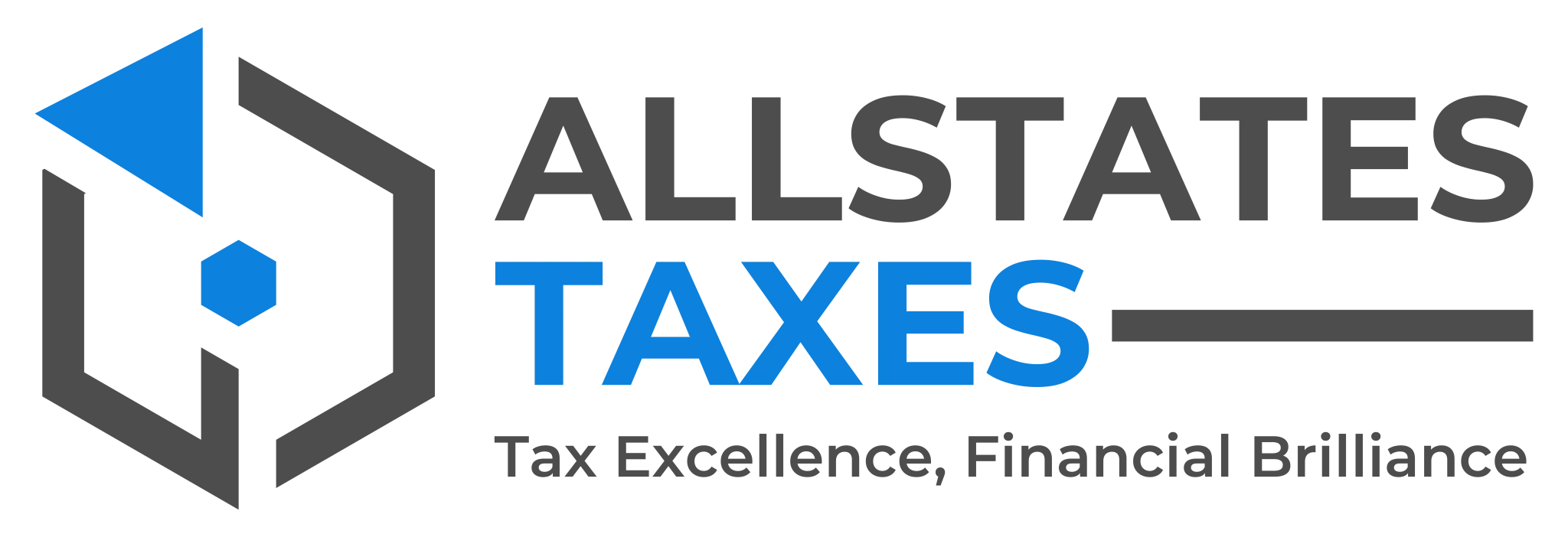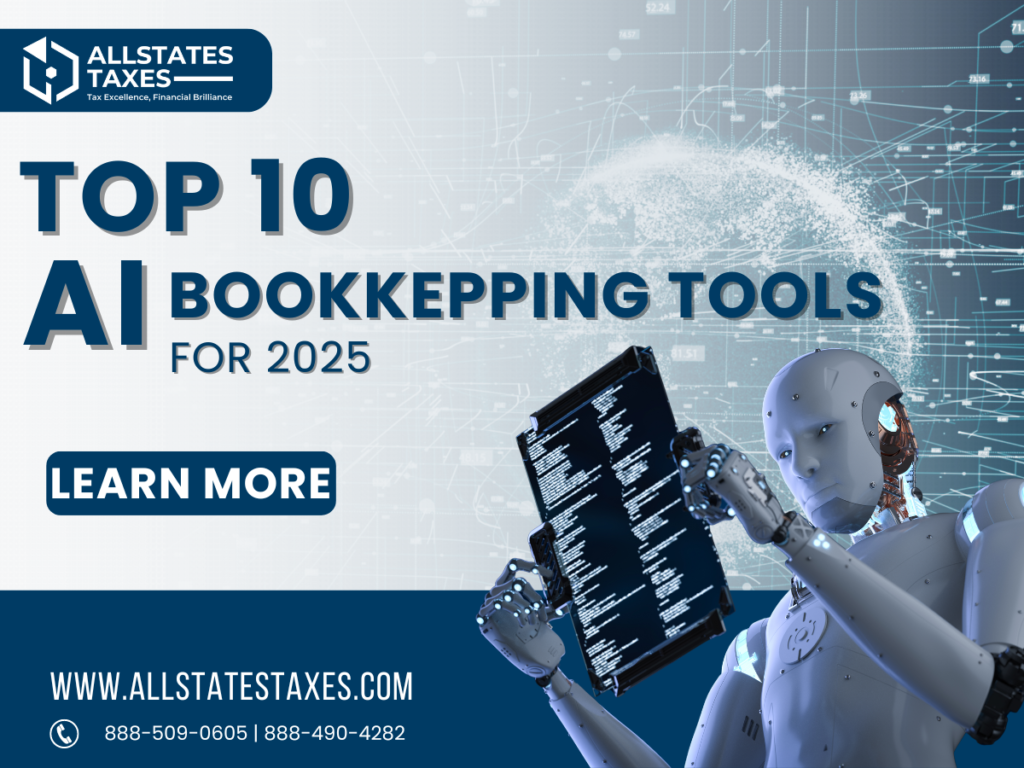Artificial intelligence (AI) is revolutionizing industries, and accounting is no exception. In 2025, AI bookkeeping tools are poised to reshape financial management, automating tedious tasks and offering advanced analytics that empower businesses to make smarter financial decisions. These AI solutions promise not only efficiency but also enhanced accuracy, security, and scalability. This article delves into the top 10 AI bookkeeping tools that will dominate in 2025, exploring their key features and how they stand out in automating accounting processes.
Vic.ai: Intelligent Invoice Automation
Vic.ai leads the way in AI-powered invoice processing. Using advanced machine learning algorithms, it automates the extraction of invoice data, eliminating the need for templates. Vic.ai’s automation extends beyond just data capture—it handles approval workflows, detects duplicate invoices, and assists with tax compliance. With an impressive accuracy rate of 97-99%, Vic.ai enhances bookkeeping precision, particularly for businesses dealing with high invoice volumes. Additionally, its integration with ERP systems enables seamless data synchronization, ensuring real-time financial accuracy.
Key features: Automated invoicing, duplicate detection, ERP integration.
Best for: Large enterprises needing streamlined invoice processing.
Docyt: Real-Time Financial Insights
Docyt is an AI-driven bookkeeping tool tailored for small to medium-sized businesses. It automates document processing, categorizes transactions, and reconciles accounts in real-time. With its built-in chatbot, Docyt allows users to query financial data, making it easier for accountants and business owners to access insights without poring over reports. Its real-time dashboards offer a holistic view of profitability, recurring revenue, and expenses, which are essential for strategic decision-making. Docyt’s seamless integration with accounting software also streamlines workflows.
Key features: AI-driven reconciliation, personalized financial reports, chatbot support.
Best for: Small businesses seeking automation and real-time reporting.
Bill: Streamlining Accounts Payable and Receivable
Bill is a cloud-based accounting platform that uses AI to automate accounts payable (AP) and accounts receivable (AR). By integrating with tools like Divvy, it also helps businesses manage expenses, credit lines, and vendor relationships. Bill simplifies the approval process for payments and invoices and offers smart workflows to control spending. Its ability to process international payments and handle multiple currencies makes it ideal for businesses with global operations.
Key features: AP/AR automation, expense management, international payments.
Best for: Mid-sized businesses with complex payment workflows.
Indy: Freelancers’ All-in-One Financial Assistant
Indy is an AI-powered productivity platform designed for freelancers and independent contractors. While its primary function is project management, Indy also features invoicing, contract drafting, and time tracking. With Indy, freelancers can automate their billing, track expenses, and manage client payments. It also provides proposal templates and integrates with payment gateways to streamline financial tasks.
Key features: Automated invoicing, time tracking, contract templates.
Best for: Freelancers managing multiple clients and projects.
Zeni.ai: Automated Bookkeeping and Budgeting
Zeni.ai offers an all-in-one solution for small businesses to automate their bookkeeping, spending, and budgeting processes. Zeni’s standout feature is its real-time financial analysis dashboard, which provides businesses with an overview of their financial health. By automating daily tasks like expense tracking and report generation, Zeni saves time for business owners, enabling them to focus on strategy rather than administration.
Key features: Real-time financial dashboard, automated expense tracking, budget management.
Best for: Startups and small businesses looking to automate finance operations.
Weareindy: Time-Saving for Entrepreneurs
Weareindy, designed for entrepreneurs and freelancers, automates key accounting tasks, including expense tracking and billing. Its user-friendly dashboard lets users monitor bank accounts, process invoices, and manage client communications effortlessly. Weareindy’s AI technology allows it to complete bookkeeping tasks up to 20 times faster than traditional software, making it an excellent choice for those with limited accounting resources.
Key features: Automated expense tracking, client billing, invoice management.
Best for: Freelancers and solopreneurs who need efficient financial management.
Gridlex Sky: Comprehensive Financial Automation
Gridlex Sky combines AI with accounting to automate invoicing, credit control, and reconciliation. It offers a complete suite of tools for businesses to manage their finances, forecast budgets, and prepare detailed reports. The system can generate cash flow reports, track expenses, and provide forecasting based on historical data, giving companies a clearer financial picture and helping to plan for future growth.
Key features: Automated invoicing, credit control, cash flow forecasting.
Best for: Businesses needing comprehensive financial planning tools.
Truewind: Concierge-Level Financial Models
Truewind is unique in blending AI technology with concierge-level financial services. It provides personalized bookkeeping services and financial models for startups and entrepreneurs. Truewind’s platform helps businesses manage investor relations, set financial growth targets, and develop long-term strategies. It offers custom reports and helps users close their books faster, ensuring timely and accurate financial statements.
Key features: Personalized financial reports, investor management, growth planning.
Best for: Startups seeking advanced financial modeling and reporting.
Booke AI: Time-Saving for Accountants
Booke AI utilizes artificial intelligence to assist accountants in automating transaction categorization and reconciliation. With its optical character recognition (OCR) technology, Booke AI quickly extracts data from receipts, invoices, and bills, reducing manual entry time. Its integration with popular platforms like Xero and QuickBooks makes it a versatile tool for accounting professionals.
Key features: Transaction categorization, AI-assisted reconciliation, OCR data extraction.
Best for: Accountants and firms looking to save time on bookkeeping.
Blue Dot: AI-Driven Tax Compliance
Blue Dot specializes in tax compliance by leveraging AI to analyze employee-driven transactions. Its deep learning algorithms identify potential tax liabilities and help businesses remain compliant with local tax regulations. Blue Dot also integrates external data sources to ensure that every transaction is categorized correctly and taxed appropriately.
Key features: Tax compliance, AI-driven transaction analysis, external data integration.
Best for: Businesses with complex tax needs seeking compliance automation.
FAQs
How does AI improve bookkeeping?
AI enhances bookkeeping by automating repetitive tasks like data entry, reconciliation, and invoicing. It reduces human error and provides real-time insights, enabling better financial decision-making.
Are AI bookkeeping tools suitable for small businesses?
Yes, AI tools like Zeni.ai and Docyt are specifically designed to meet the needs of small and medium-sized businesses, offering affordability and ease of use.
Can AI detect fraud in bookkeeping?
Yes, many AI tools, such as Bill and Vic.ai, come equipped with fraud detection features that identify anomalies in transactions, helping safeguard your finances.
What are the benefits of AI in financial forecasting?
AI tools provide advanced analytics, allowing businesses to forecast financial outcomes based on historical data. This helps businesses plan for future growth and anticipate financial challenges.
Do AI bookkeeping tools integrate with existing accounting software?
Yes, most AI bookkeeping tools integrate seamlessly with popular accounting platforms like QuickBooks, Xero, and SAP, allowing for smooth data transfers and workflow automation.
Are AI bookkeeping tools expensive?
The cost of AI bookkeeping tools varies. Tools like Indy offer affordable pricing for freelancers, while platforms like Truewind provide premium services for startups. It’s essential to choose a tool that fits your business needs and budget.
Conclusion
The future of bookkeeping is undeniably intertwined with artificial intelligence. In 2025, AI tools will not only streamline financial operations but also offer deeper insights, improve accuracy, and safeguard businesses from financial risks. Whether you’re a freelancer, startup, or a large enterprise, these top 10 AI bookkeeping tools provide a range of solutions tailored to meet your specific needs. By integrating AI into your financial processes, you can save time, reduce costs, and focus on strategic growth.



